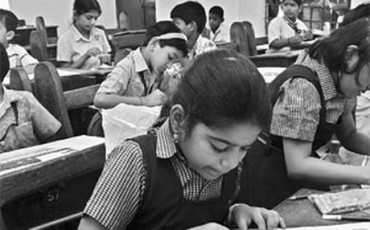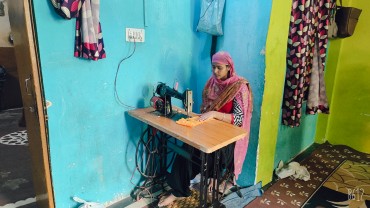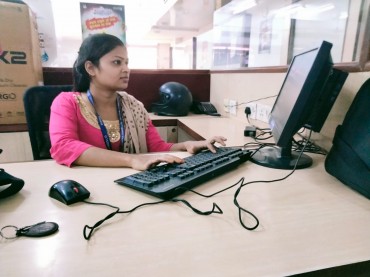Organization for Economic Cooperation and Development (OECD) recently conducted a survey that revealed some interesting details. According to the global data, an average eighth grader Indian spends 130 hours more in school compared to other countries. This means, an Indian kid compared to the kids of advanced countries is set to study nearly 6 hours a day of 21 more days.
Maharashtra government had held a debate about the ideal school hours under Right to Education Act that a mandatory number of instructional hours should be made compulsory. So now, as per the Act primary students need to have 800 hours of teaching in 200 days and secondary students should have 220 days and 1000 teaching hours in an academic year. But according to OECD, 749 and 873 is the average compulsory number of hours for primary and secondary students respectively. Even though the primary schools are better compared to secondary school, they still have 51 hours more than OECD counterparts.
With both parents working nowadays, they tend to send their kids to school for longer hours. On the other hand, US authorities have cited these longer school hours in India. Arne Duncan, the US Education Secretary in 2009 had stated that “US students were at a “competitive disadvantage” as their students stayed in school for shorter hours than Indian and Chinese students”.
School hours significantly vary across the globe, from 777 hours in Finland to exhausting 1,167 hours per in Mexico every academic year.
 “We shouldn’t be regarding school hours as the only time of learning or think that keeping children in classrooms will help them learn. Today children learn informally on their gadgets and our education system needs to find ways to guide and facilitate such learning,” said Avnita Bir, prinicipal of RN Podar High School. She also rightly pointed that longer school hours have absolutely no relation with better education. She also said that children these days have to take initiative for learning. Also, the education system needs to improvise more of learning rather than teaching.
“We shouldn’t be regarding school hours as the only time of learning or think that keeping children in classrooms will help them learn. Today children learn informally on their gadgets and our education system needs to find ways to guide and facilitate such learning,” said Avnita Bir, prinicipal of RN Podar High School. She also rightly pointed that longer school hours have absolutely no relation with better education. She also said that children these days have to take initiative for learning. Also, the education system needs to improvise more of learning rather than teaching.
Parents’ Teachers’ Association United Forum president, Arundhati Chavan also backs Avnita Bir and says that it is quality which matters not the quantity. “It is more important that existing working days are planned properly and time well utilised than extending the hours of school. Our academics is designed on rote learning which makes extended hours seem like a burden,” adds Chavan. She worryingly said “Why not introduce activity-based learning or recreational activities in the extra hours?”

























































Comments